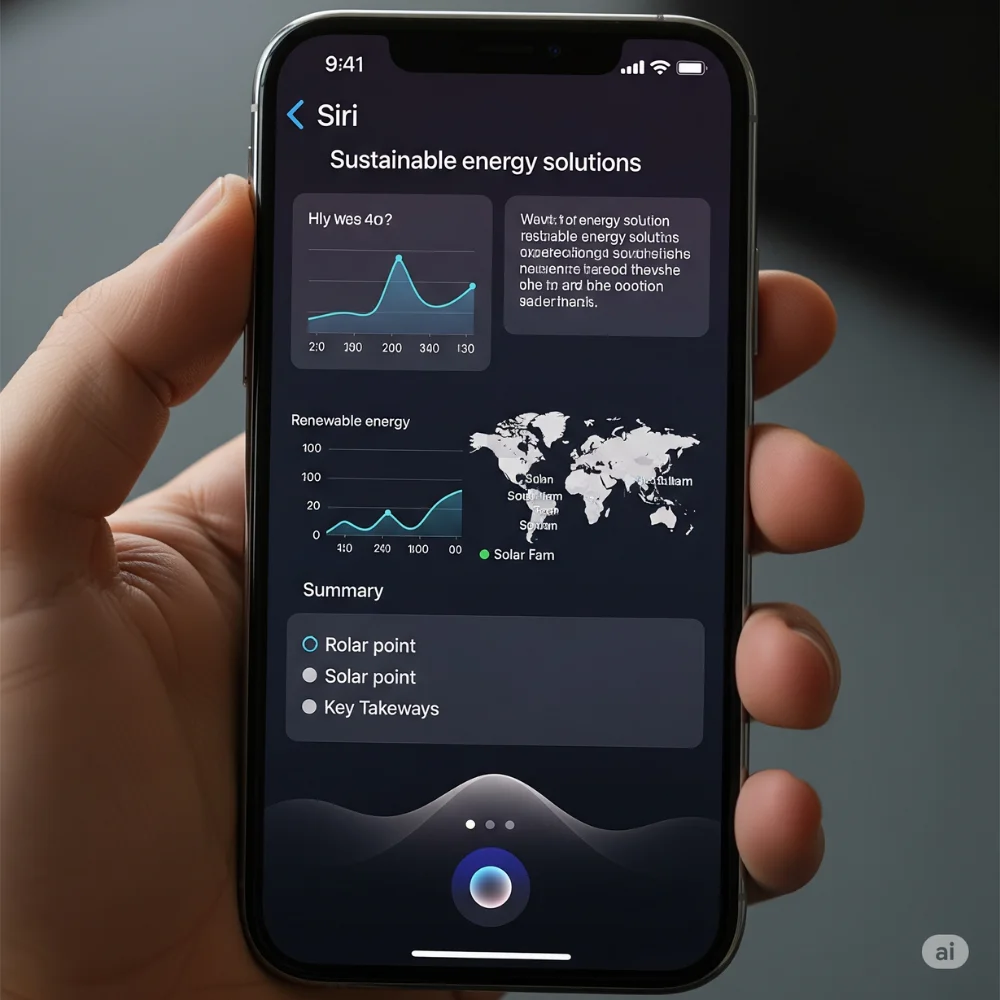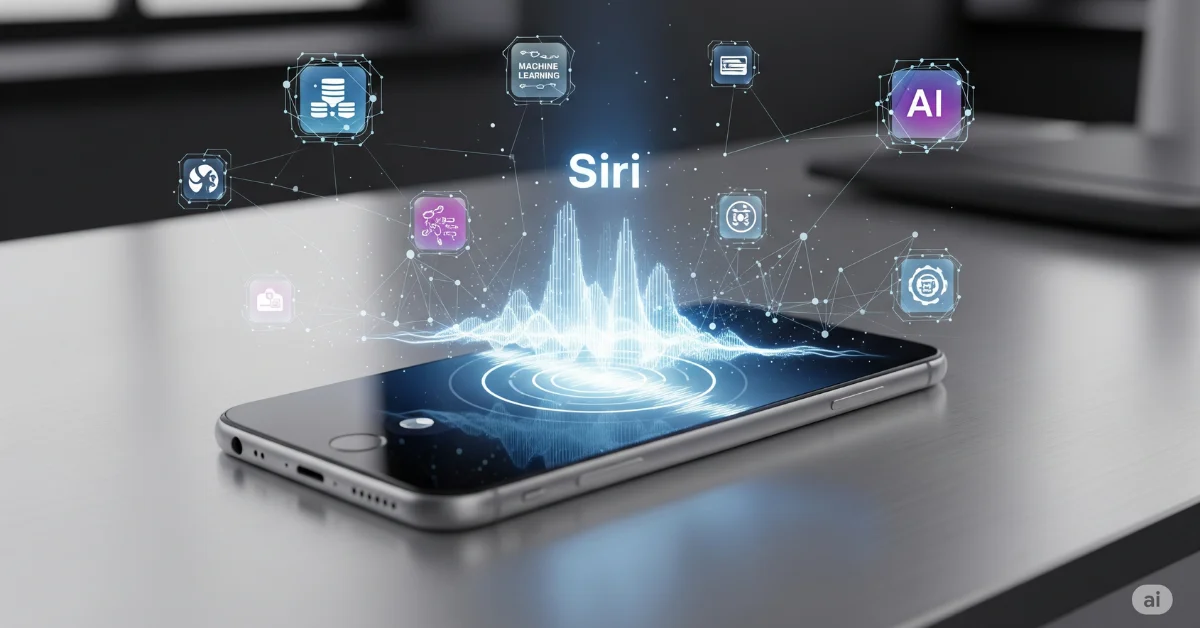Apple is quietly working on a big change that could completely transform how we use Siri. Reports say the tech giant wants to make Siri much smarter so smart, in fact, that it could compete with advanced AI tools like ChatGPT.
Right now, Siri is good at setting alarms, sending texts, or giving weather updates. But it often struggles with more complex questions or conversations. This is where tools like ChatGPT have taken the lead. They understand natural language better, can hold conversations, and offer useful, detailed answers. Apple wants to catch up by using its own AI technology to boost Siri’s abilities.
The goal is to make Siri a lot more helpful and capable in real-world situations. Apple is planning to add generative AI features to Siri, which means it would be able to understand questions more deeply, respond in a human-like way, and even perform tasks that are more advanced than what it can do today.
This move comes as Apple is falling behind other tech companies in the AI race. Google has its Gemini AI, Microsoft is investing in OpenAI (the creators of ChatGPT), and Amazon is upgrading Alexa with new AI features too. So, Apple needs to act fast to stay relevant in this competitive field.
Reports suggest Apple might announce these AI upgrades officially in 2025, possibly starting with features in iOS 18. Developers may get early access to some of these tools before regular users do. The company is also testing a tool called “Apple GPT” internally, which could be the engine behind the new smarter Siri.
Here’s a simplified look at how Siri compares with current AI tools:
Key Points:
- Apple is planning a major Siri update powered by AI.
- The goal is to make Siri smarter, like ChatGPT.
- New Siri could handle more complex conversations and tasks.
- Apple may start rolling out these features in 2025.
It’s a step to stay competitive in the growing AI race.
The upgraded Siri is expected to become part of a larger AI strategy for Apple, including tools in Notes, Safari, and Mail. The company wants its AI to run directly on devices (like iPhones and iPads), instead of relying only on cloud servers. This would make things faster and more private.
Apple is also likely to focus on safety and user privacy. Unlike some AI tools that send your data to the internet, Apple is working on-device AI. That means your voice commands, messages, and searches could stay private while still benefiting from advanced AI.
Some rumors say that Apple could even open up Siri’s upgraded AI to developers. This would let app makers add smart features powered by Apple’s new AI engine into their own apps, possibly giving Siri a wider role across the entire iOS ecosystem.
In simple words, Apple wants to turn Siri into something more than just a voice assistant. It could become an intelligent helper that understands you better, offers more useful answers, and works more smoothly with your iPhone, iPad, or Mac.
If successful, this change could mean that Apple no longer lags behind companies like Google and OpenAI. Instead, it might lead the way in offering private, powerful, and fast AI tools right from your pocket.

This could be the beginning of a new chapter in how we use AI in everyday life, with Apple finally stepping into the spotlight of intelligent, natural conversations on devices we already use every day.



